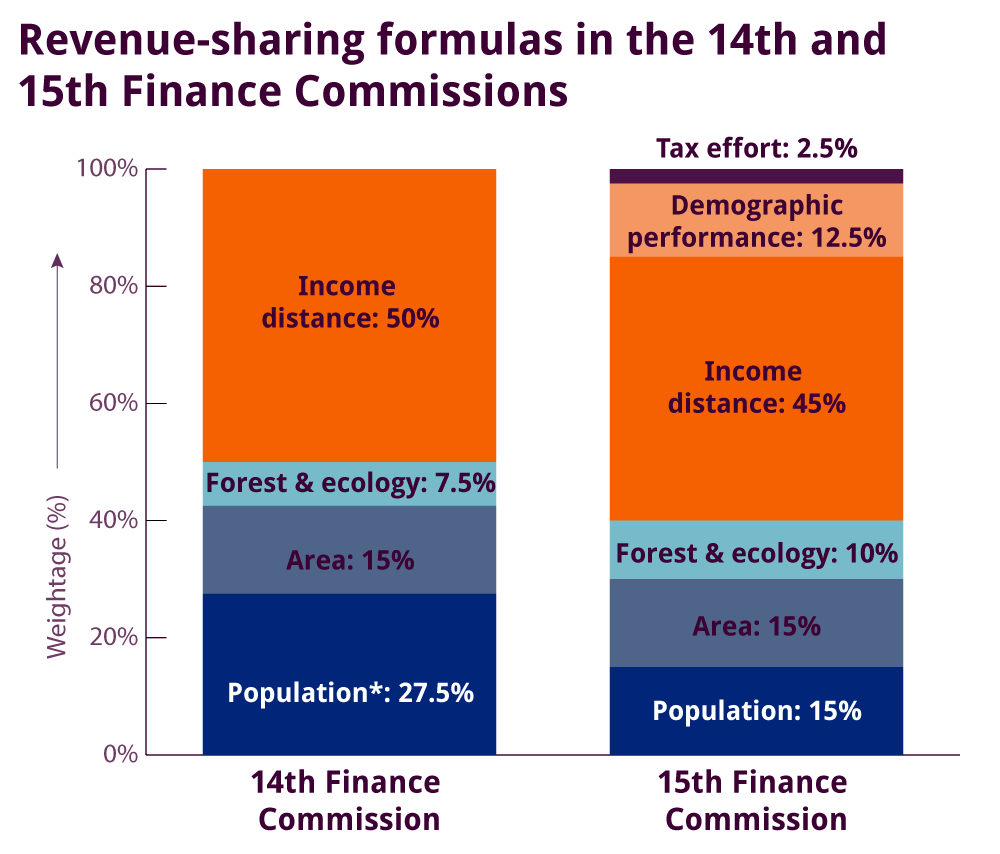Jharkhand Demands Increased Tax Devolution for Development Needs | 02 Jun 2025
Why in News?
The Jharkhand government has urged the Sixteenth Finance Commission to increase the state’s share in central tax devolution from the current 41% to 50%, citing its economic contributions and unique developmental needs.
Key Points
- Higher Tax Devolution for Developmental Needs: Jharkhand, contributing significantly through mining and bearing its environmental and social costs, stressed the need for increased financial support to improve key sectors like agriculture, health, education, and livelihoods.
- The state highlighted its large farming-dependent population and potential for agricultural growth, calling for flexible fund usage to address local needs effectively.
- Issues Related to Mining Activities: The state emphasized planned land reclamation, proposing that mined land be returned after operations end. It also seeks the release of ₹1.40 lakh crore owed by mining companies operating in the region.
- State Budget and Welfare Initiatives: Jharkhand’s ₹1.45 lakh crore budget allocates ₹62,844 crore for social welfare targeting the poor, women, and vulnerable groups. ₹13,363 crore is dedicated to women’s financial support schemes, and ₹5,000 crore for free electricity to eligible residents.
16th Finance Commission
- The 16th Finance Commission, established under Article 280 of the Indian Constitution, will cover the five-year period starting 1st April 2026.
- It is chaired by Dr. Arvind Panagariya, with members Ajay Narayan Jha, Annie George Mathew, Manoj Panda, and Soumya Kanti Ghosh (part-time).
- Ritvik Ranjan Pandey serves as Secretary.
- Role and Terms of Reference: The Finance Commission is a constitutional body formed every five years to maintain fiscal federalism and recommend:
- Tax revenue distribution between the Union and the States.
- Principles for grants-in-aid to revenue-deficient States.
- Support for local bodies (Panchayats and Municipalities).
- Review of disaster management financing under the Disaster Management Act, 2005.
- Measures to strengthen the Consolidated Fund of States.
- Importance:
- Ensures equitable resource allocation to address regional disparities.
- Supports grassroots governance and local development.
- Advises on fiscal discipline, expenditure efficiency, and public finance reforms.


